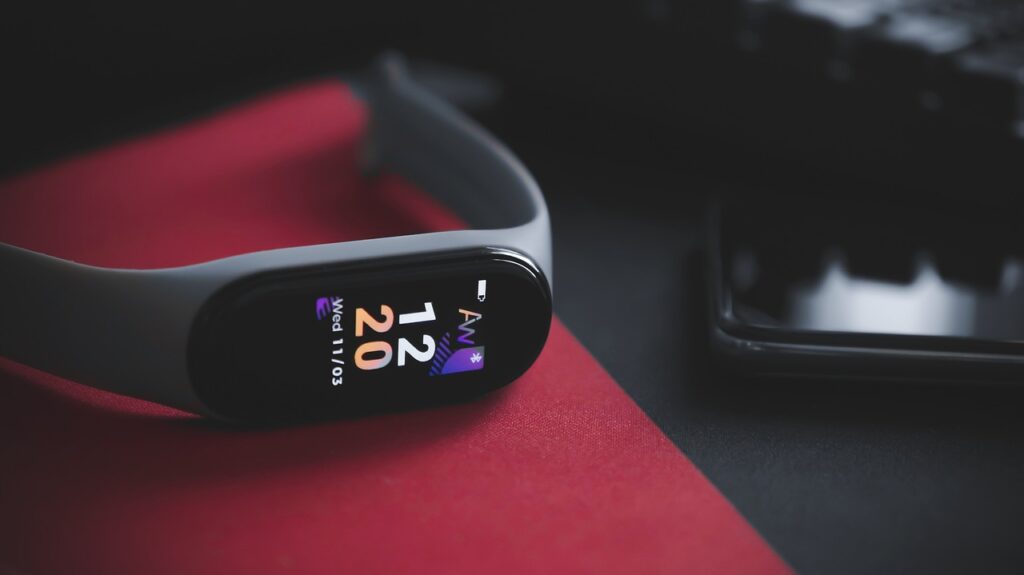Disclosure: This post contains affiliate links. If you click through and make a purchase, we may earn a small commission at no extra cost to you. We only recommend products we genuinely believe in. This helps to support this website and allows us to continue producing free, valuable content.
Intro
If you’re tired of waking up groggy and feeling overwhelmed throughout the day, you’re not alone. Quality sleep and effective stress management are two of the biggest factors in overall well-being – yet many of us struggle to achieve both. That’s where the 5 Best Fitness Trackers of 2025 come in. These advanced wearables do more than count steps – they monitor sleep stages, track stress levels, and give you actionable insights to improve your daily life.
In this guide, we’ll explore the top models for 2025, what makes them stand out, and how to choose the right one for your lifestyle. We’ll break down their key features, pros and cons, and provide a handy comparison chart so you can make an informed decision with confidence.
Why Choosing the Right Fitness Tracker Matters
Before diving into the 5 Best Fitness Trackers, it’s worth noting that not all devices are created equal. In 2025, the most effective trackers combine health analytics, personalized insights, and comfort to create a truly useful daily companion. The right device can:
- Detect and improve poor sleep patterns.
- Monitor stress through heart rate variability (HRV).
- Offer guided breathing or mindfulness exercises.
- Integrate seamlessly with your phone or health apps.
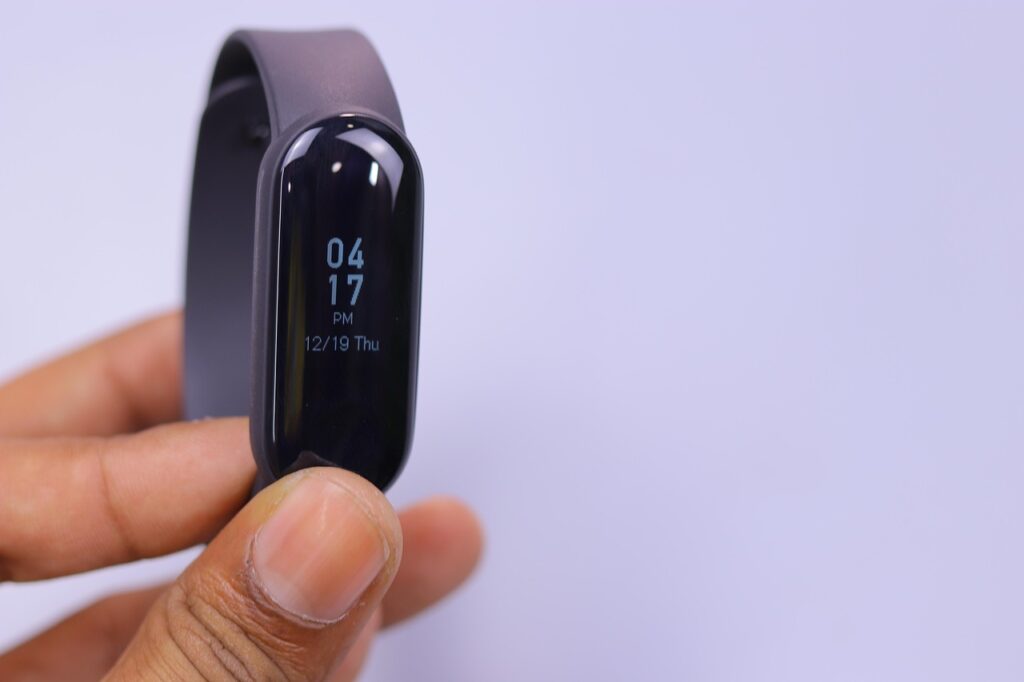
Buying Factors to Consider in 2025
When looking at the 5 Best Fitness Trackers, here are the top factors to keep in mind:
1. Sleep Tracking Accuracy
A tracker’s ability to measure deep, light, and REM sleep is critical. Look for devices with advanced sensors, AI sleep analysis, and smart alarms to wake you during optimal sleep cycles.
Ideal for: Light sleepers, shift workers, and anyone aiming to improve rest quality.
2. Stress Monitoring Features
In 2025, top trackers use HRV, skin temperature, and even electrodermal activity (EDA) to gauge stress. Some also offer guided breathing or relaxation reminders.
Ideal for: Professionals under high workload, students, and anyone managing anxiety.
3. Comfort & Battery Life
A tracker should feel like part of you, not a gadget strapped on. Comfort is key, especially if you wear it overnight. Battery life of at least 5–7 days is a plus.
Ideal for: People who dislike frequent charging or wearing bulky devices.

4. App & Data Insights
The best devices pair with apps that offer clear, actionable feedback – not just raw data. Look for intuitive dashboards and trend tracking.
Ideal for: Data-driven individuals who want to see measurable progress.
The 5 Best Fitness Trackers of 2025
Here are the top picks that combine sleep optimization and stress management into one powerful package.
1. Fitbit Sense 2
Key Features:
- Advanced EDA and HRV tracking for stress.
- Sleep Score with detailed stage breakdown.
- Built-in GPS and fitness tracking.
- Google Assistant integration.
Pros:
- Excellent stress monitoring tools.
- Long battery life (6+ days).
- Comfortable design for all-day wear.
Cons:
- Premium app subscription needed for advanced insights.
Ideal for: Users wanting an all-rounder with excellent stress features.
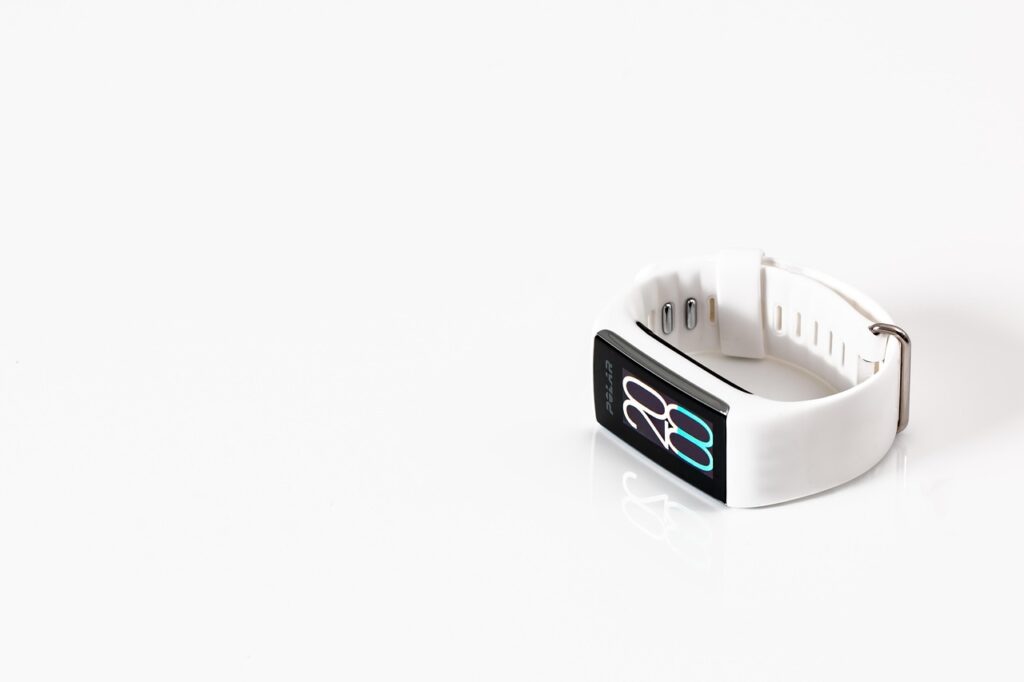
2. Oura Ring Gen 4
Key Features:
- Discreet ring design with full sleep cycle analysis.
- Continuous HRV and body temperature tracking.
- Long battery life (up to 7 days).
Pros:
- Stylish, minimal look.
- Highly accurate sleep tracking.
- No screen – less distraction.
Cons:
- Lacks on-device display.
- Pricey compared to wrist trackers.
Ideal for: Minimalists and people who dislike wristbands.
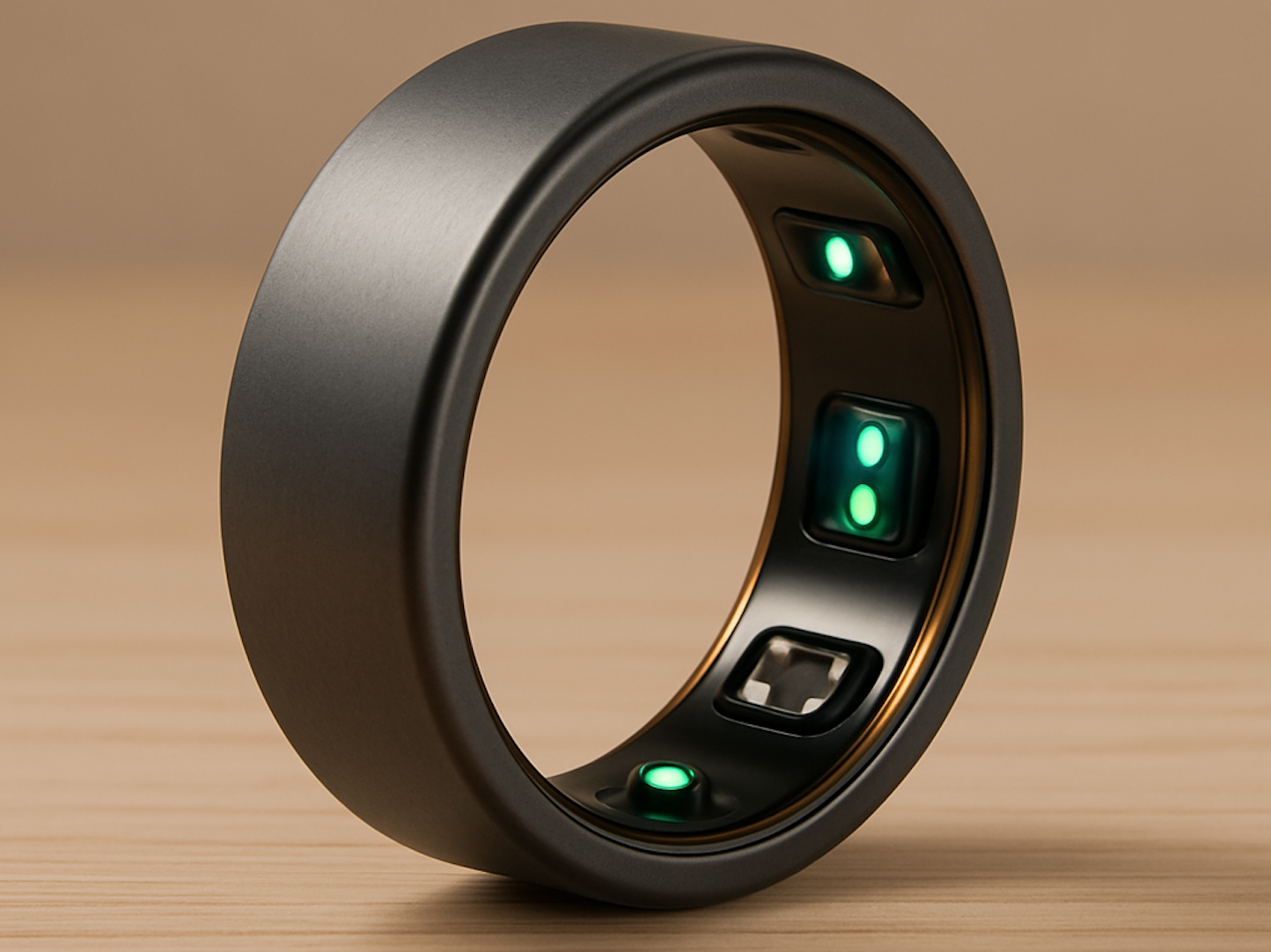
3. Garmin Venu 3
Key Features:
- Body Battery™ energy monitoring.
- Advanced sleep score and nap tracking.
- Stress tracking with guided breathing.
Pros:
- Beautiful AMOLED display.
- Excellent fitness features alongside wellness tracking.
- Long-lasting battery (up to 8 days).
Cons:
- More expensive than basic trackers.
Ideal for: Fitness enthusiasts who want detailed health and workout data.
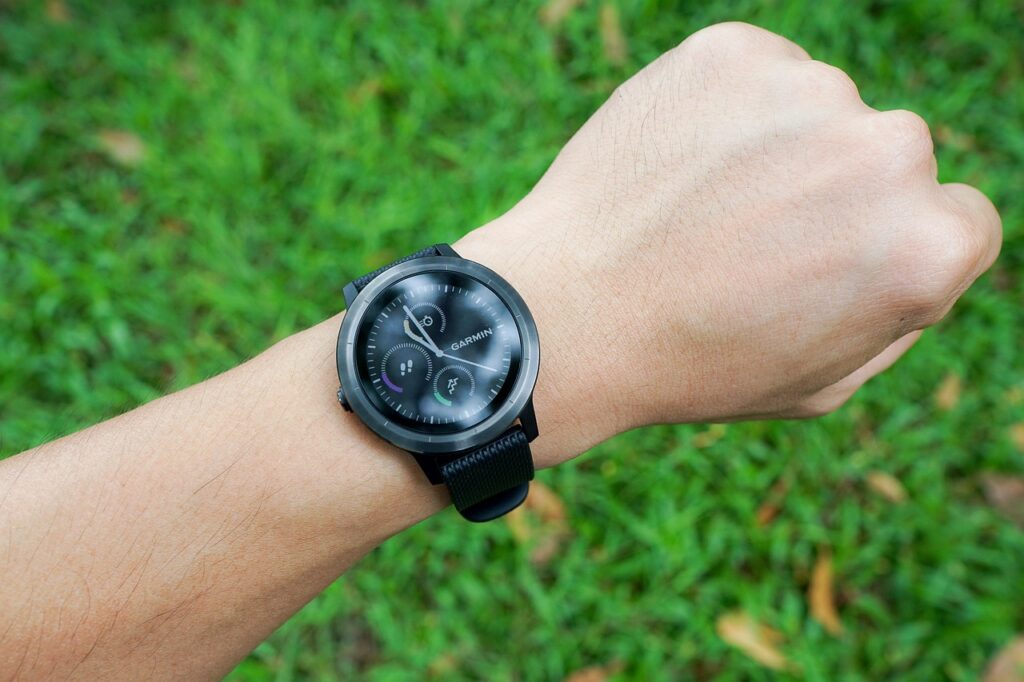
4. Whoop 5.0
Key Features:
- Continuous strain, recovery, and sleep tracking.
- No display – focuses on app-based data.
- Personalized coaching for rest and performance.
Pros:
- Deep recovery insights.
- Comfortable, lightweight band.
- Ideal for athletes.
Cons:
- Subscription required.
- No on-device feedback.
Ideal for: Serious athletes and biohackers.
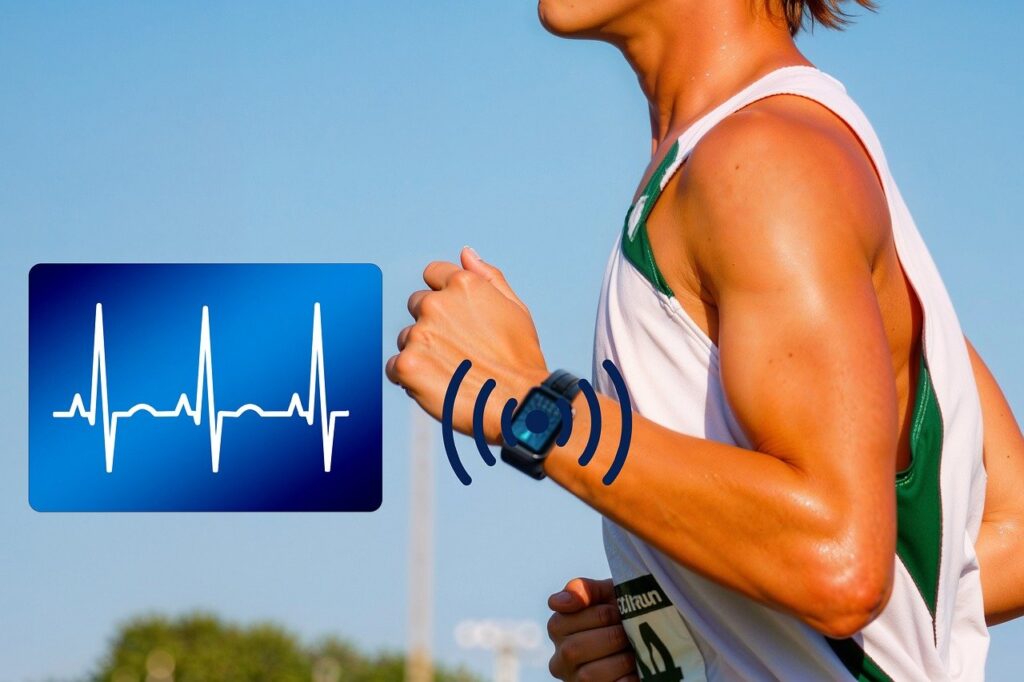
5. Amazfit Balance
Key Features:
- AI-driven sleep and stress recommendations.
- HRV and SpO₂ monitoring.
- Affordable price point.
Pros:
- Great value for money.
- Long battery life (up to 14 days).
- Solid app integration.
Cons:
- Less brand recognition than others.
- Some features need manual activation.
Ideal for: Budget-conscious users who want powerful wellness tools.
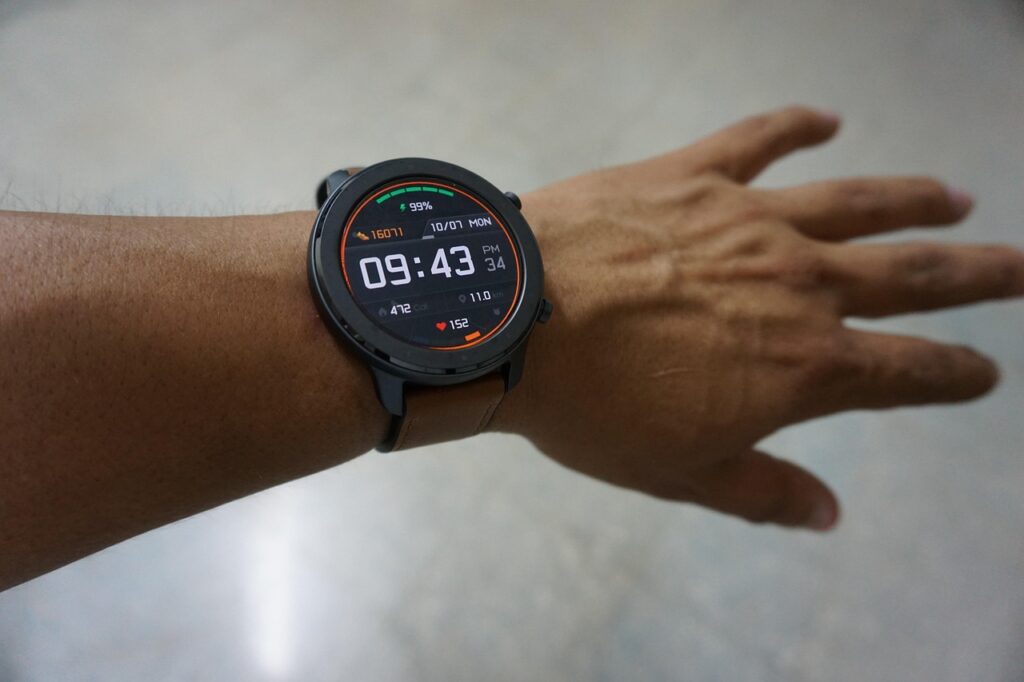
Comparison Chart – The 5 Best Fitness Trackers of 2025
| Model | Sleep Tracking | Stress Tracking | Battery Life | Price Range | Ideal For |
|---|---|---|---|---|---|
| Fitbit Sense 3 | Excellent | Advanced | 6+ days | $$ | All-round users |
| Oura Ring Gen 4 | Excellent | Good | 7 days | $$$ | Minimalists |
| Garmin Venu 3 | Excellent | Advanced | 8 days | $$$ | Fitness lovers |
| Whoop Strap 5.0 | Excellent | Advanced | 5 days | $$$$ + sub | Athletes |
| Amazfit Balance | Good | Good | 14 days | $ | Budget buyers |
FAQ – Choosing the Right Fitness Tracker in 2025
1. Do I really need a fitness tracker for sleep and stress?
Yes – if you want accurate, ongoing feedback on your sleep quality and stress levels. While apps can help, wearable sensors provide far more precise data to guide improvement.
2. Which tracker has the best sleep tracking accuracy?
In 2025, the Oura Ring Gen 4 and Whoop Strap 5.0 lead in sleep tracking precision, but Fitbit Sense 3 is an excellent choice for a balanced feature set.
3. How often should I replace my fitness tracker?
Most quality trackers last 3–5 years with proper care. Upgrading sooner may be worth it if major new features, like advanced AI insights, become available.
Conclusion
Better sleep and reduced stress aren’t just nice-to-haves – they’re essential for a healthier, happier life. The 5 Best Fitness Trackers of 2025 offer the tools and insights you need to understand your body and make real improvements. Whether you choose the feature-packed Fitbit Sense 3, the discreet Oura Ring, or the budget-friendly Amazfit Balance, the right device can help you rest better, stress less, and feel more in control of your well-being.
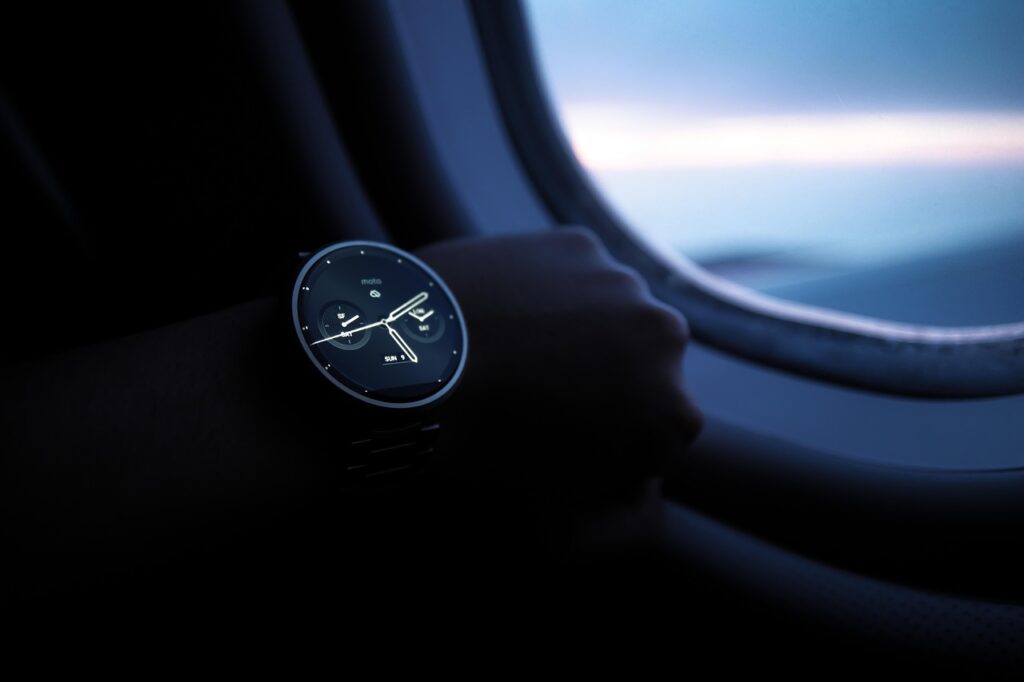
What is your favorite fitness tracker and why? Leave a comment below. We would love to hear from you!

